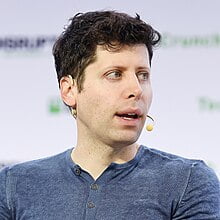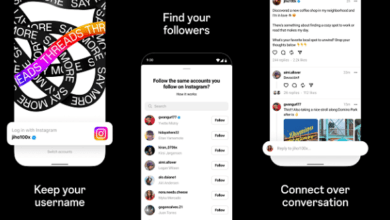AI technology like ChatGPT promises to make life better, but some jobs might just take a coffee break!
AI Advocates Genuinely Surprised as Jobs Magically Vanish - Unemployment Becomes Trendy

In a recent interview, Sam Altman, CEO of OpenAI, discussed the potential of AI technology, including ChatGPT, to significantly improve people’s quality of life. However, he also acknowledged the genuine concerns surrounding AI’s impact on jobs. Altman dismissed the notion that AI will only bring positive changes and emphasized that some jobs will inevitably disappear.
“A lot of people working on AI pretend that it’s only going to be good; it’s only going to be a supplement; no one is ever going to be replaced,” he said. “Jobs are definitely going to go away, full stop.”
Since the launch of ChatGPT, experts have highlighted AI’s role as an invaluable assistant to workers, streamlining tasks and saving time. Many have expressed optimism that AI won’t lead to widespread job displacement, arguing that those who embrace and understand AI will be better positioned in the job market.
“You will not be replaced by AI but by someone who knows what to do with AI,” Oded Netzer, a Columbia Business School professor, previously told Insider.
Nevertheless, Altman’s insights remind us of the reality: some jobs will be lost, though not necessarily replaced, as AI continues to develop. Goldman Sachs predicted that around 300 million full-time jobs worldwide could be disrupted by AI. This trend is not new, as history has shown that automation often leads to job simplification and, ultimately, job replacement.
On the brighter side, the widespread adoption of AI will also create new job opportunities, potentially offering better-paying roles to replace those that were displaced. Altman believes that once we experience the benefits of AI, there will be no desire to return to a pre-AI era.
The key concern, however, is how displaced workers will adapt to these changes and find their way into these new roles. Past instances of technological advancements, such as the automation of telephone operators in the late 19th century, showed that some workers struggled to adjust, while others successfully found new employment.
Ethan Mollick, an associate professor at the University of Pennsylvania’s Wharton School, pointed out that while some workers managed to adapt to new job opportunities, others faced challenges, leading to lower wages and limited career prospects.
“When you got rid of operators, then basically young women were able to adjust, find new jobs and were able to adapt,” he said. “But older women took a lifelong hit to wages — were never able to find as good a job again.”
AI’s impact on the job market is a double-edged sword. While AI technology like ChatGPT can boost productivity and create new, potentially better jobs, it may also displace some workers in the process. The key to a successful transition lies in empowering workers to develop skills that complement AI and prepare them for the jobs of the future. With proper support and education, the workforce can navigate this transformative period and build a more promising tomorrow.




